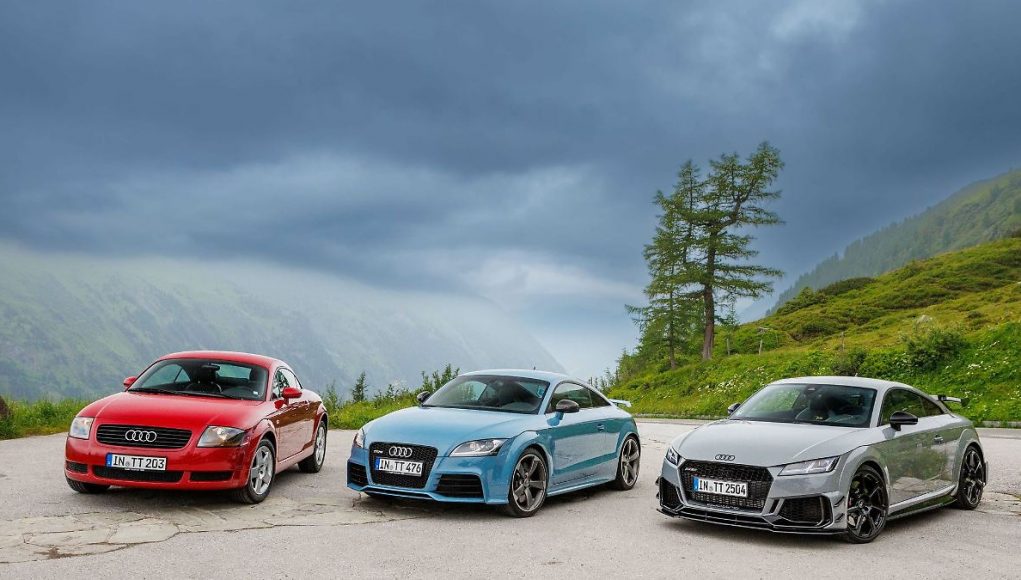The old must give way to the new
Discontinued models in 2024 – these cars will fall by the wayside
This audio version was artificially generated. More info | Send feedback
Keeping the old models and venturing onto the market with new ones at the same time – no car manufacturer can afford that in the long run. That's why many car models are currently being discontinued. Electromobility is not always to blame.
It is considered a design icon and a driving machine – and has had a lasting impact on the brand's image. But after almost exactly 25 years and three generations, Audi is now discontinuing the TT.
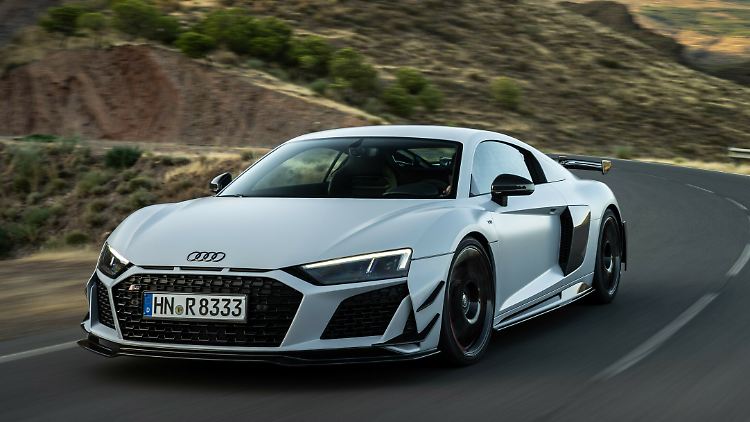

The Audi R8 will be built until the end of March.
(Photo: Audi)
And as if the end of the coupé and roadster wasn't painful enough for fans of the four rings, Bayern have also confirmed the farewell to their sporty top model, the R8.
Both series are too old for another career and no longer fit into the times that will supposedly be electric in the future, argues the manufacturer. Patience is required until plans for an electric sports car have developed, which will then possibly replace both series.
Ford says goodbye to Fiesta – and soon Focus
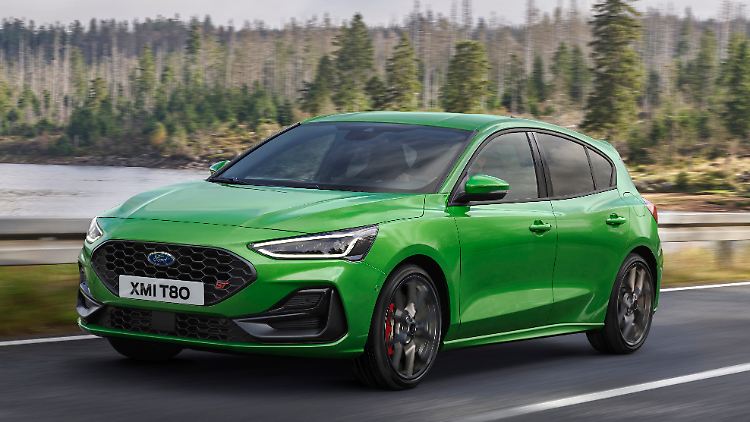

The Ford Focus also has to go soon.
(Photo: Ford)
The clear-cutting at Ford in Cologne is even worse: Ford Mondeo sedan and tournament, Galaxy and S-Max – these models have already been wiped out, according to press spokesman Ralph Caba. And the two most important ones haven't even been named yet: Production of the Fiesta has been suspended since summer 2023 after 47 years and around 20 million units. And Focus will have to believe in it soon, says Caba.
The reason: Ford needs the space in Cologne to build the Explorer as the brand's first European electric car – and neither the Fiesta nor the Focus can make money in the long term, says Germany boss Christian Weingärtner. Especially not when everyone in the world is craving SUVs.
Thinning is also taking place in Wolfsburg
These are two prominent examples, but they are by no means isolated cases: VW has also thinned out its model range. So the adventure with the Arteon ended. And with the generation change for the Passat, the version of the classic notchback sedan falls by the wayside.
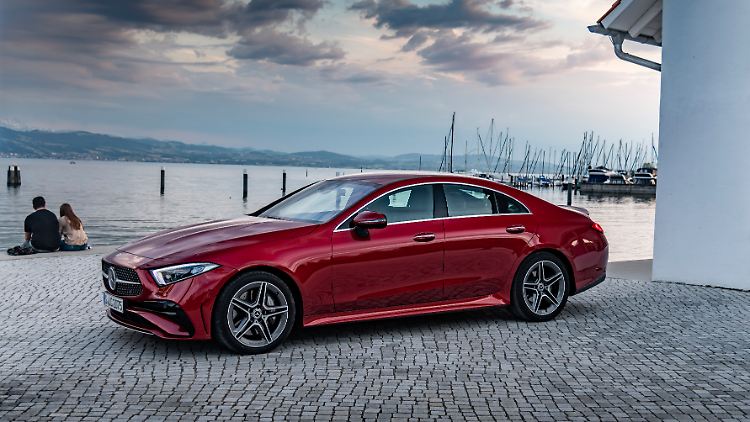

The Mercedes CLS – canceled without replacement.
(Photo: Mercedes)
At BMW they are currently saying goodbye to the 6 Series GT. And Mercedes is also in the process of doing some major cleaning: While there was previously a coupé and a convertible in the C and E classes, the CLE is now set to replace both models. According to the factory, the four-door E-Class Coupé CLS will be canceled without replacement and models such as the Coupé and the Cabrio of the S-Class or the Roadster of the AMG GT will remain without a successor.
“We have to use our resources wisely and, when developing new electric models, look carefully at which series we can and want to keep, and to what extent, in the combustion engine world,” says development director Markus Schäfer. “Otherwise we would quickly have double the portfolio. Neither the developers can afford that, nor the factories nor the customers would be overwhelmed by it.”
Mobility change is one reason – but there is another
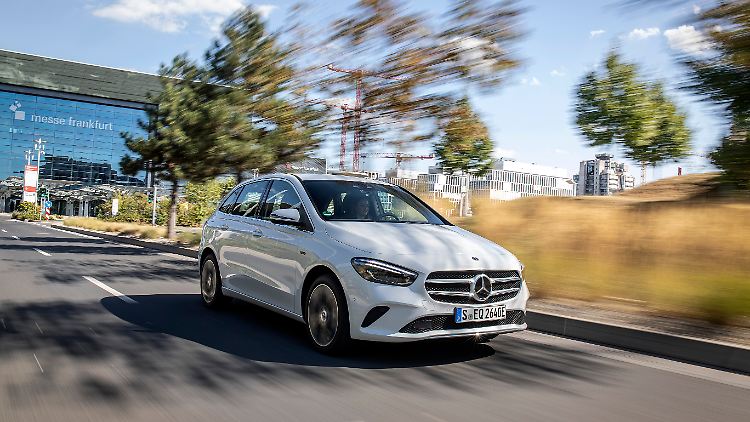

Without a successor, Mercedes is also phasing out the A-Class as a hatchback and sedan and the B-Class.
(Photo: Mercedes)
Many model series are actually falling victim to the change in mobility. Because in the long run, manufacturers cannot or do not want to afford a congruent model range for the old combustion engine and the new electric world and are therefore particularly saving on niche models and body variants. But the expensive switch to electric drive is not the only reason for the impending demise of models.
Rather, the fact that Mercedes, for example, is reducing its compact class and phasing out cars like the A or B class is due to the pursuit of higher things: CEO Ola Källenius says he wants to bring the star up to the same level as Louis Vuitton or Chanel and Mercedes even completely trim for luxury; reasonably affordable cars no longer fit into the picture.
Pollution standards and data protection
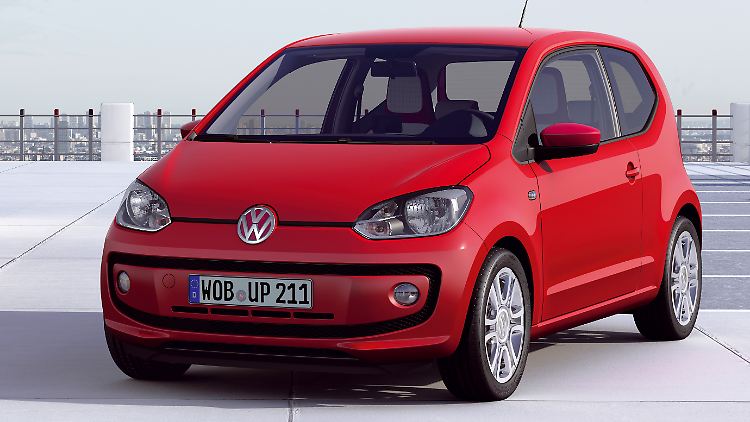

VW has removed the Up small car from its range.
(Photo: picture alliance / dpa)
And the bureaucrats in Brussels also have their share of the thinned-out model program. The teeth of the Euro 7 emissions standard have now been pulled out, so that small cars could still be produced affordably in the future. But according to Christian Kaiser from the strategy consultant Berylls in Munich, data protection advocates are now demanding such strict cybersecurity measures that these can often only be implemented with millions in existing model series. “For many vehicles with small volumes or a short remaining service life, this may no longer be worthwhile,” estimates the expert.
And the announcements from individual manufacturers prove him right: VW boss Thomas Schäfer, for example, justified the early end of the Up small car. And at Porsche, the 718 series sports cars with the Boxster and Cayman will be phased out at the end of 2024.
But that doesn't always mean saying goodbye for eternity and sometimes it's even electromobility that makes the reunion possible in the first place. And Porsche also provides proof of this: When – probably in autumn 2025 or spring 2026 – the first two-seater electric sports car comes from Stuttgart, then – according to company circles – it will inherit the Boxster and Cayman.


















